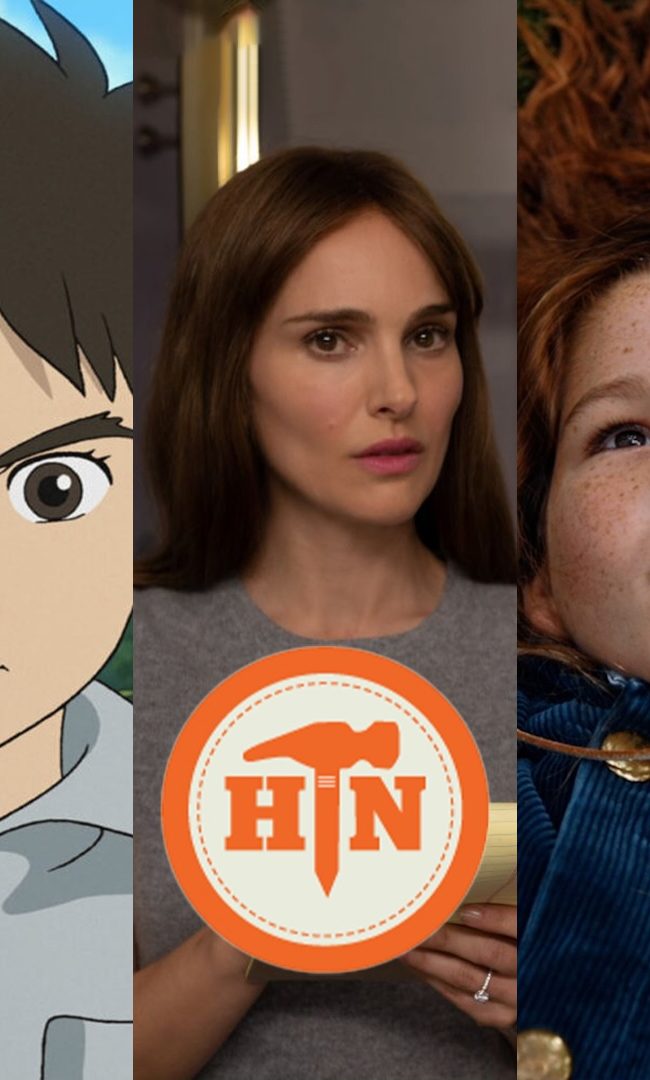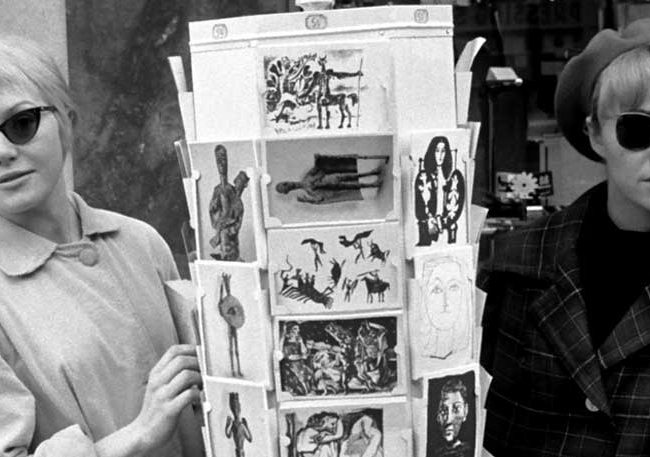A Conversation with Yui Kiyohara (REMEMBERING EVERY NIGHT)
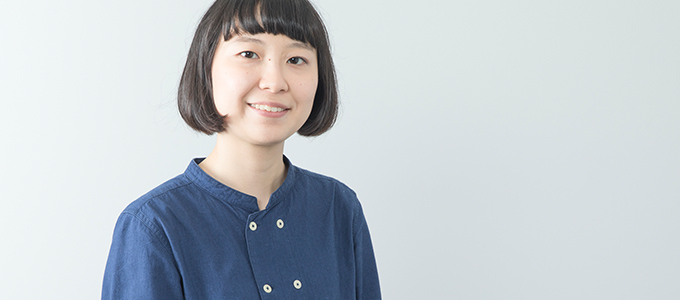
Yui Kiyohara is a Japanese filmmaker who within 2 films already has a distinctive slow cinema style. Her first two feature films, Our House from 2017 and Remembering Every Night are playing at Film at Lincoln Center right now! Both films received awards at major international film festivals such as Berlin, Beijing, Shanghai and San Sebastian. Speaking with her I could feel her passion and I cannot wait to see what she does next. The following conversation was edited for length and clarity.
Hammer To Nail: Thank you so much for taking the time to speak with me today. I loved both Our House and Remembering Every Night. Right off the bat I am wondering what the casting process was like?
Yui Kiyohara: I didn’t do an audition. I just asked actors that I had seen in films and on the stage and I liked. the youngest one is usually in films, but the other two, they’re usually doing the stage.. I got to work with a lot of stage actors for Remembering Every Night. So I really enjoyed that.
HtN: Yeah. It makes sense that you would use stage actors for Remembering Every Night because of the style of the film, and I think it worked out great. Our House came out in 2017 and now you premiered Remembering Every Night at the 2023 Berlin Film Festival. So I’m wondering what attributed to that gap, and what was the screenwriting process like for both films.
YK: in terms of the time gap between the first and the second film Covid is mostly to blame for that. Actually Remembering Every Night has gone through two big changes, actually. The original story that I had was set in a hotel and how it closed. But, at the time, if you wanted to talk about hotels you had to mention COVID. That didn’t feel natural. Do I want to include what’s happening in the real world? Some changes had to be made so that’s also why there’s a significant time gap between those two films. For Our House in terms of the scriptwriting process, I had a co-writer with me [Noriko Katô]. She was my classmate because Our House was my thesis work. So we wrote the story and we started location hunting and we found the house. So after we found the house we wanted to work with, we started to adjust the story so that we could incorporate the house itself.
With Remembering Every Night we started with the town. The location was already set. So we started researching by walking around the town, get to know the place in and out. We researched it, read it, you know, documentation about the history of the town and the library. We interviewed the actual residents of the town and through the research from gaining multiple perspectives, I started to write the story based on what we found.
HTN: Got it. Well, just a quick follow up question to that, because you said that Remembering Every Night was originally a different story that takes place in a hotel, so I’m wondering, did that story also have the title Remembering Every Night? And if so, what is it about that title?
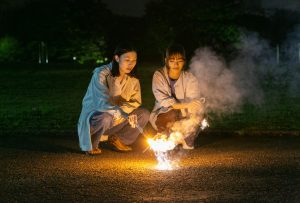
A still from REMEMBERING EVERY NIGHT
YK: Yes. The title was the same. The motif and the setting, sure, it’s different. But the core of what I wanted to portray through this film, I didn’t change. So I kept the title as Remember Every Night. And the original story was set in a hotel and it was the last day of that hotel. And I wanted to have three different women from different generations. Two of them are employees of the hotel. One is the guest. And I wanted to depict a story of the last day of the hotel from different perspectives.
HTN: The dynamic between Sanae and Mr. Takada is one of my favorites of the film. How did that idea of the introduction of his character come to you? It is really funny and well done?
YK: What I wanted to portray in this film is that, inside the town there are so many different perspectives of looking at the same thing and the character of Mr. Takada was the person who sees the same world from a different perspective because he has a cognitive problem and he sees the town as if it were the olden days. So on this day Sanae happens to get tangled up in a situation with Mr. Takada and he winds up serving as a guide for her into the world that he is seeing. He introduces a new perspective to her.
HTN: Well Takada was an amazing character that touched my heart. I think it is no coincidence that this movie came out in the summertime. This film reminded me of the works of many directors including Tsai Ming Liang and even Rohmer. Were you inspired by the idea of the “summer film?” If not what filmic influences were there
YK: A lot of beautiful festivals introduced this as a summer film but actually this was shot in spring believe it or not. So it’s a spring film.
HTN: Haha. Did you have any specific filmic influences?
YK: Nothing in particular when it comes to this it film specifically
HTN: When a film is as quiet and subtle as Remembering Every Night, the sound design process is so essential, talk about what you and composer Jon No Son and Sound designer Hwang Young Chang were going for?
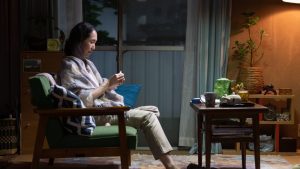
A still from REMEMBER EVERY NIGHT
YK: So the music in the very opening scene with the band members playing, those are the actual members of the band. So Jonathan and I wanted the music to be something that is real in a way. It was almost like the sound. The music is another character that exists in town, so I wanted the music to be the music that you might actually hear if you’re in that town. We talked about that with the band members and that’s how they came up with that. I didn’t want the music to be subject to the story. It’s a character on its own. It can stand on its own. So that’s what we were working toward in terms of the sound. We wanted the sounds to actually exist in the town. So, for example, the sound of the plane that you would hear in town, we drew from that. But, in terms of the timing of when you would hear it, we definitely manipulated throughout the film.
HTN: In two films you have created a pretty distinctive slow cinema style that I love, do you see yourself staying in this lane or do you hope to expand to genre cinema.
YK: This tempo and the rhythm of Remembering Every Night and the other work as well that was dictated by the rhythm of the town. The team, the atmosphere we had something that was slower, relaxed and also this was a slice of life type of film. So that dictated the tempo. It wasn’t an intentional choice to make a slow tempo film nor for the future. I think it really depends on the subject and the scene I’m working with. I want to observe what’s in front of me and find the rhythm that fits the subject and what I’m trying to do. So I would rather not decide, okay, this is my style, that’s not my style. I just want to find the pace and the tempo and the style that fits what I’m trying to do.
HTN: I love when Chizu has a chat at that pastry/coffee shop outside. It is very honest and funny. What was your thinking behind that moment?
YK: Yes definitely for that scene I was calling for a little bit of a joke, a humorous moment for sure. And I wanted to have that scene to show that she sees things slightly different from what we consider to be normal for the lack of a better word. That’s what that scene was about. Another thing was, the discussion of semiconductors was something I learned before the shoot. I was quite shocked. It is something you take for granted in your daily life. I didn’t know. So it was a little bit of a shock to me. I wanted the audience to feel that slight shock and jolt of reality.
HTN: A Well, I loved that moment. I loved this film and I thank you for making it. It took me right back to Japan, which is where I was this summer. And yes, thank you so much.
– Jack Schenker (@YUNGOCUPOTIS)








